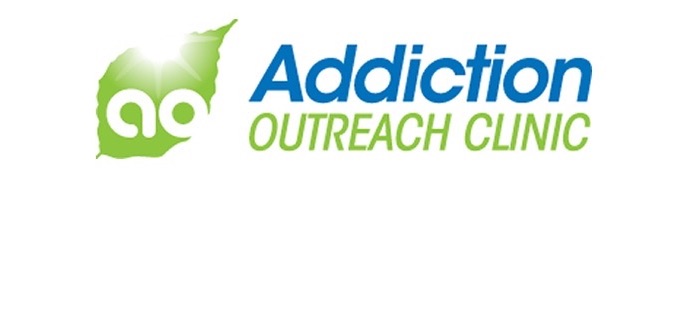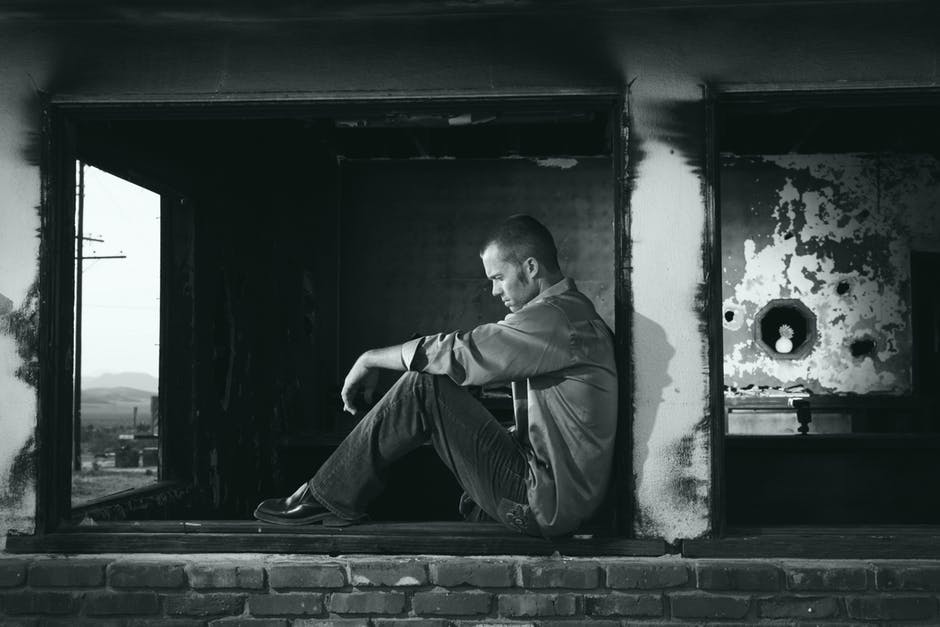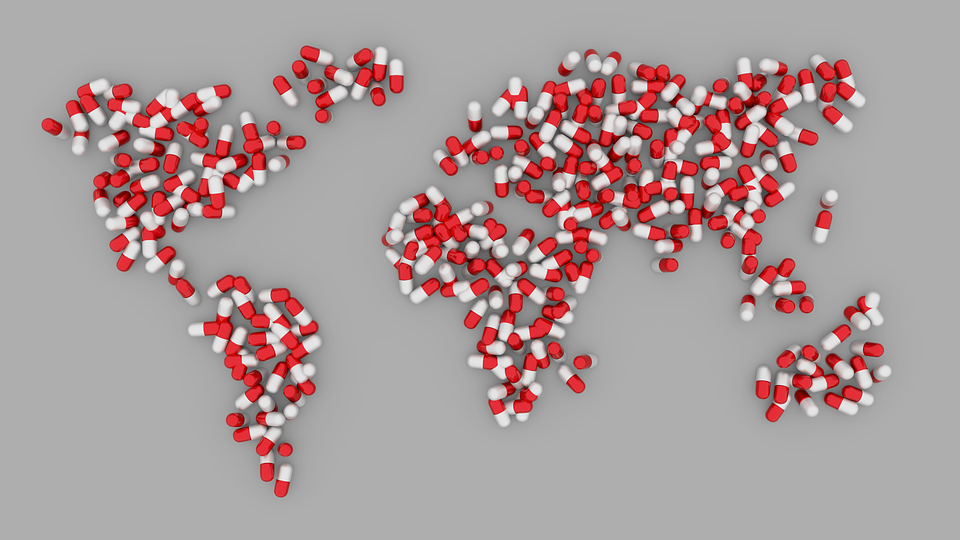The Emotional Toll of Addiction
 Loving Someone With An Opioid Addiction
Loving Someone With An Opioid AddictionLoving someone with an opioid addiction is one of the hardest and most emotionally draining things to do. whether or not your partner has come to terms with their issue, there are constant struggles, and being supportive can be difficult. Getting help outside of the home is a necessary step, but getting there can be a long, turbulent road.
You will miss the person you fell in love with and the person who had control over their life. You will want to talk to friends and have them help you through, but fear what they might think or say. while you are doing your best to support the one you love, you will crave–and need–that very same support. It’s important to have someone to talk about your own emotions caused by this unwelcome addiction.
Many people find it daunting to get outside help, or event speak to friends and family openly about what’s going on. The stigma and fear of judgement is very real, and keeping all of these feelings bottled up can lead to resentment and fighting with the person you want to save. And for the the addict, taking time off work and letting employers know what’s really going on can be a major deterrent. Aside from time off work, many people fear the cost of treatment even when it’s desperately needed.
Getting through to your loved one can be a hugely difficult process. They may become defensive and insist there is no problem at all. The more you push, the more they can accuse you of nagging or throw your own actions back in your face. Consistency and compassion are key; let them know you’re concerned for their health and safety and how their actions are impacting you. The role needs to be supportive, not chastising, but remaining calm be difficult if the issue has been endured for many years. Still, try to stay calm and lay out your facts
If you love an opioid addict, there will be disagreements and most likely some dishonesty of when or how much they’r using. Staying supportive and loving is very crucial, but it’s hard to walk the line of support without crossing over into enabling. There will be battles in your head of what you should do and when. It’s a draining time and it’s important, for your own sake and sanity, not to take your loved one’s addiction on alone or in secrecy. If you have no friends or family you feel comfortable speaking with, a therapist would be a great option. Even people with plenty of people to talk about it to often find a professional therapist’s advice and experience so helpful. Remember, addictions affects all of those who love the person affected.
There is help, and while it may take time, getting there is possible. In the meantime, take time to care for your own health, mental and other, and don’t allow yourself to get drained. Find an outlet, your own support network, and stay positive.











Leave a Reply
Want to join the discussion?Feel free to contribute!